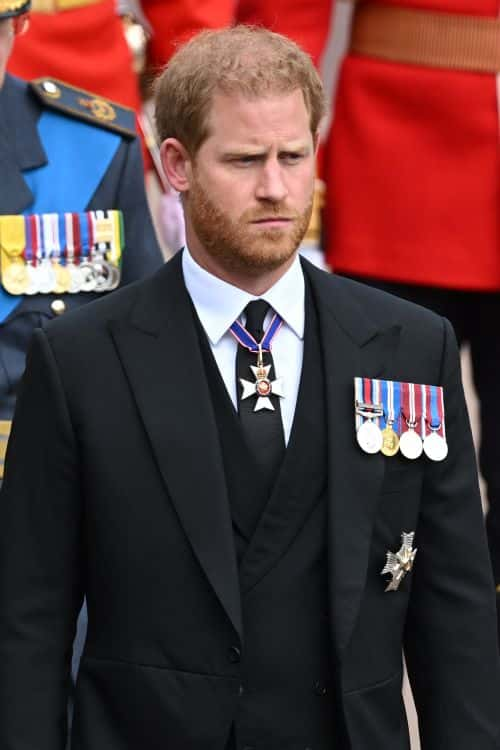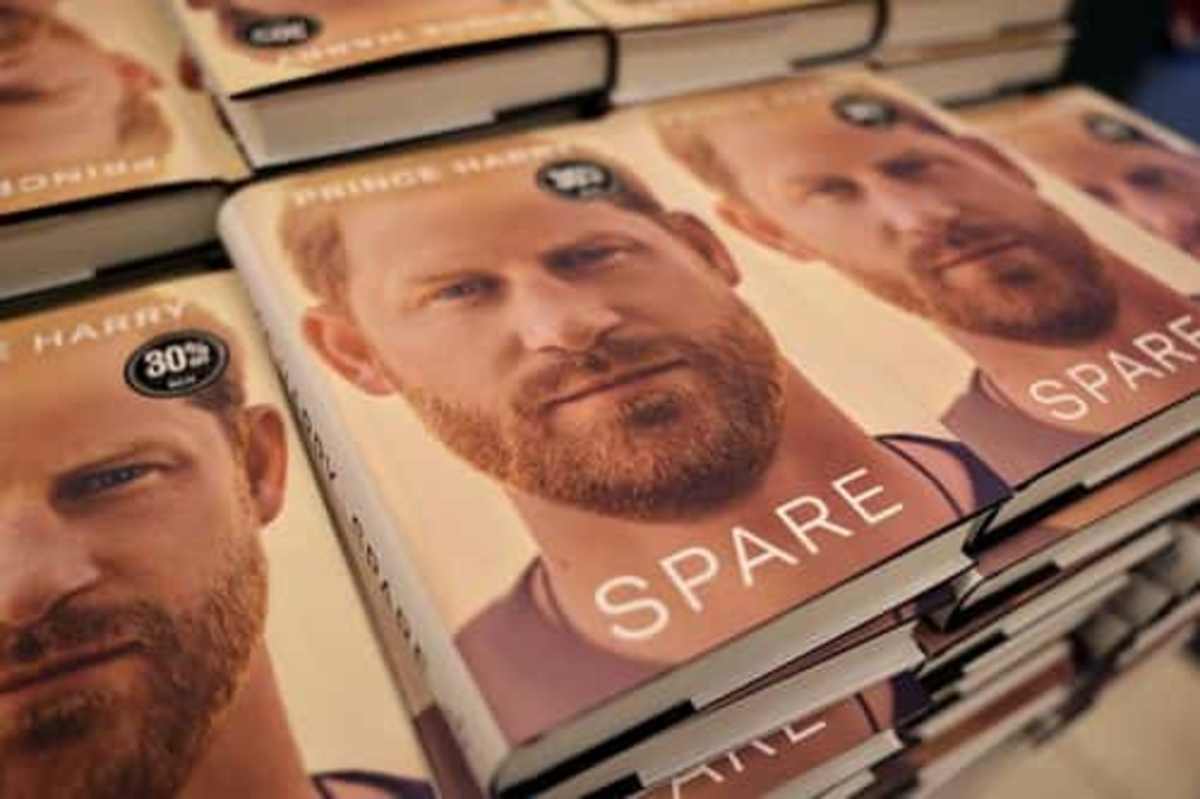Will Prince Harry be deported? Campaigners question Duke's visa application after drug use revelations

MONTECITO, CALIFORNIA: Prince Harry might have put his visa "at risk" after talking about his occasional drug use, in a recent therapy session with trauma expert Dr Gabor Mate. At present, campaigners are demanding the release of his visa application in order to understand whether the royal declared his drug use in the document. It is unclear if the 38-year-old lied to the immigration officials or if he was offered special treatment because of his status and his wife Meghan Markle being a TV star. However, the former would lead to harsh penalties, including deportation and being barred from applying for citizenship while the latter is illegal.
Harry admitted taking cocaine, cannabis, and magic mushrooms in his bombshell memoir 'Spare' and on TV blitz. He reportedly said that marijuana and psychedelics "really helped" with his "trauma" while cocaine was more a "social thing." The Heritage Foundation now demands that his visa application be released so the American taxpayer can see whether Harry declared his drug use. "This request is in the public interest in light of the potential revocation of Prince Harry’s visa for illicit substance use and further questions regarding the Prince’s drug use and whether he was properly vetted before entering the United States," said Mike Howell, director of the Heritage Foundation's Oversight Project, as per the Daily Mail.
READ MORE
'It was terrifying': Prince Harry says William 'screamed and shouted' at him after he announced exit
US officials refuse to release details regarding Prince Harry's visa
The US officials are, however, refusing to release any details regarding the Duke of Sussex. One of the US State Department spokesmen said: "Visa records are confidential under Section 222(f) of the Immigration and Nationality Act (INA); therefore, we cannot discuss the details of individual visa cases."

Prince Harry has a history of drug use
Harry revealed in his autobiography 'Spare', that he first took cocaine at the age of 17. He admitted to doing a "few more lines" on other occasions. He also said that he hallucinated during a celebrity-filled event in California and smoked cannabis after his first date with Meghan. He further talked about his "positive" experience of the psychedelic drug ayahuasca saying it "brought me a sense of relaxation, release, comfort, a lightness that I managed to hold on to for a period of time." The duke also talked about doing drugs in an interview with therapist Dr Mate. "(Cocaine) didn’t do anything for me, it was more a social thing and gave me a sense of belonging for sure, I think it probably also made me feel different to the way I was feeling, which was kind of the point. Marijuana is different, that actually really did help me," he told him, as per the media outlet.

At the moment, it is speculated that Harry is working in the US on either a spousal visa or an O-1 visa, a fast-track visa handed to people with "extraordinary ability." O-1 lasts for three years which means that the duke's visa renewal is likely to be due within weeks.

'Multiple illicit substances'
On the other hand, the Heritage Foundation is demanding the release of his visa application to know if Harry was "properly vetted" before coming to America as well as if he admitted to officials that he took drugs. Immigration experts note that he should have been denied residency in the US if he failed to reveal his narcotics usage during the application process. They have also compiled a ton of evidence which include his interviews and admissions in his memoir about drug use. The director of the Heritage Oversight Project, Mike Howell argues that it is in the "public interest" to know how the duke's case was handled. He has also demanded to see any emails, texts, WhatsApps, or other correspondence related to his visa.
"Harry’s abuse of multiple illicit substances, including marijuana, cocaine, 'magic mushrooms,' and other psychedelic drugs. It is unclear at this juncture whether DHS complied with the law if, in admitting Prince Harry, did so without a waiver or any interview with CBP to assess whether, given his history, he was admissible to the United States. As a result, this widespread media interest in Prince Henry’s drug abuse inevitably raises possible questions regarding his application for residency in the United States. Public confidence in the government would undoubtedly suffer if DHS, CBP, and USCIS failed to properly vet such a high-profile case. Moreover, if Prince Harry was granted preferential treatment that too would undermine public confidence in DHS, CPB, and USCIS’s application of equal justice under the law," he said, as per the Daily Mail.










